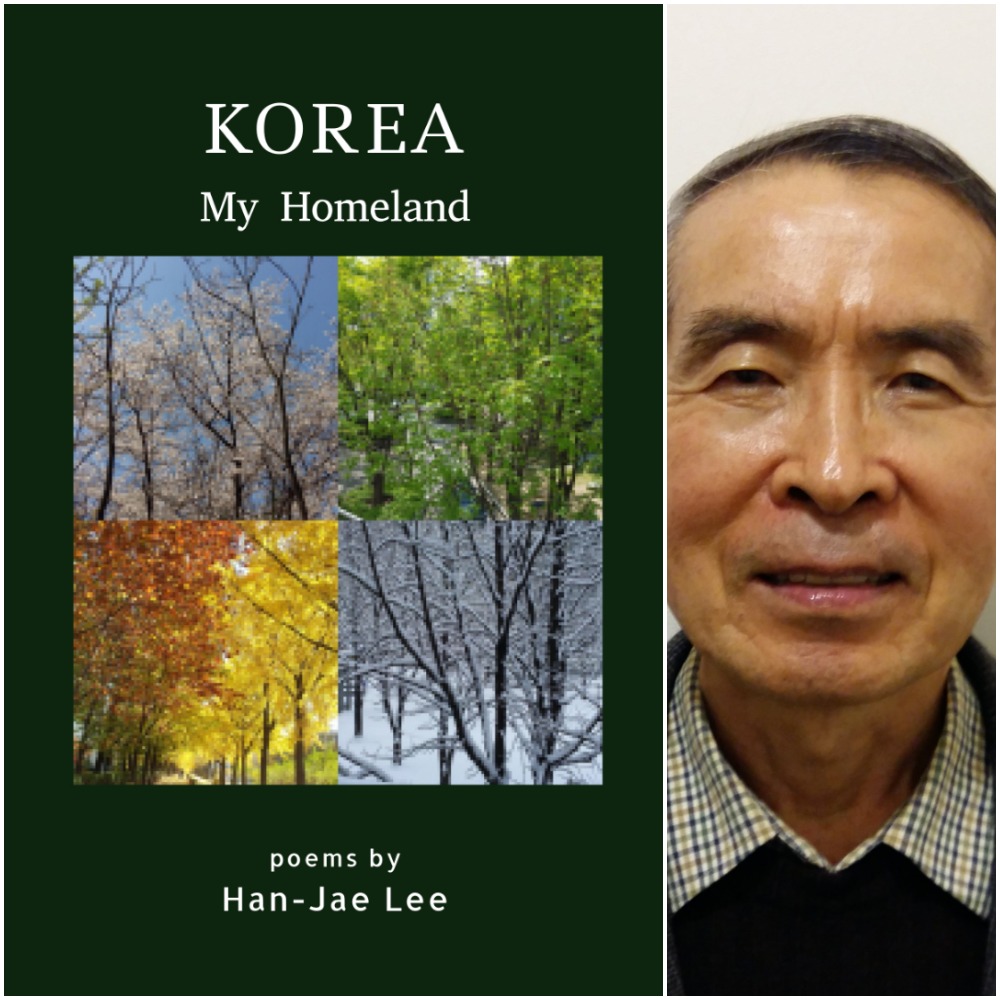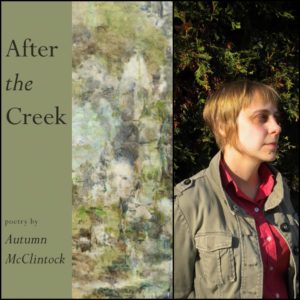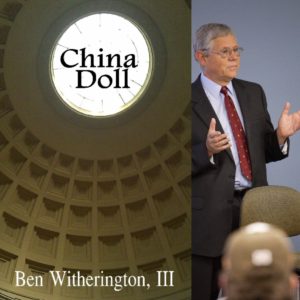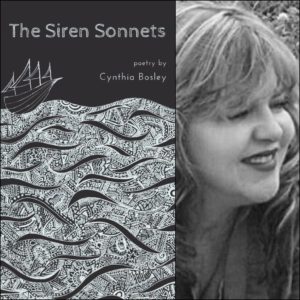These poems are quiet, mysterious reflections on country life and city life, travels and small wonders (bugs, blossoms, birds, backyards), and on time and places Han-Jae Lee has lived and visited. By writing of the delicate microcosms of a garden, the worldly expanses of his memories, homesickness, longing and intense dreams, Lee lifts himself out of loneliness. They say that when you dream of frogs, you leap around from place to place without learning anything. Yet perhaps daydreaming, observing, and visualizing what’s under the common sky above his birthplace in Korea and America, visiting Ground Zero and the Statue of Liberty, mean more to this immigrant than to someone born and raised in the US who takes liberty for granted. Writing poetry is Han-Jae Lee’s attempt at comforting himself to make sense of this country and his life in it—a place that becomes less foreign by un-stranging himself in a strange land, thereby freeing us too.
–Kate Hitt, Printer-Poet, Many Names Press
From Korean villages to Times Square, Han-Jae Lee‘s poems in Korea My Homeland make close observation of humans and nature. Lee delightfully reflects on the everyday, from whistling trains, crosswalks, and discarded cigarette butts, to clouds, kimchi, lilacs, and earthworms on the sidewalk. His verse traverses the dichotomy of being separated from one’s homeland and pinpoints the little things that draw people together even over vast distances and passing years. Lee illuminates the details vibrant in the fleetingness of life.
–M.J. Donovan, Poet-Agricultural Educator
Han-Jae Lee’s poetry depicts a passionate portrait of the world around us. He exquisitely defines nature’s wonders, its beauty and its joy, but also the sadness which completes it. I highly recommend his writings and hope he continues to delight us with a continued outpouring of his poems.
–Alexander E. Braun, author of THE ADVENTURE OF THE MAIDEN VOYAGE
In this third collection of poetry in English, the Korean born writer, H.J. Lee, continues to express a deep appreciation and kinship with all things—both natural and manmade. All objects—from flowers to tires to tattoos—carry equal weight and sensibility. All are vital and animated, as if we have truly arrived at “a beatific place,” where, lulled by the quiet understatement of the writing, we may find ourselves “forgetting every inextricably bound thing of this world.” The experience of reading these poems is at once like enjoying both the ephemeral and sensual, and the boundaries that blur between. In “Apple Memories” we are told, “More than the red fruit in my hands/these apples are made up of blue skies, water and wind/and pleasing sunshine.” And in “The Sorrow,” “I’m at the window with the green tea she sent me/I’m drinking the leisure hour of the afternoon/contained wholly in the tea.” With many earnest questions and imbued with a sense of longing, the poet encourages us to reflect and ponder our world and our place in it. In “Into the Clouds” we are given these lines: “The clouds are like magicians who build the world/ without any troublesome measures./ Clouds demonstrate that to live is like the arising of clouds/ and dying is like their disappearance.” Lines to contemplate throughout a busy day.
–Magdalena Montagne, poet-teacher






Reviews
There are no reviews yet.